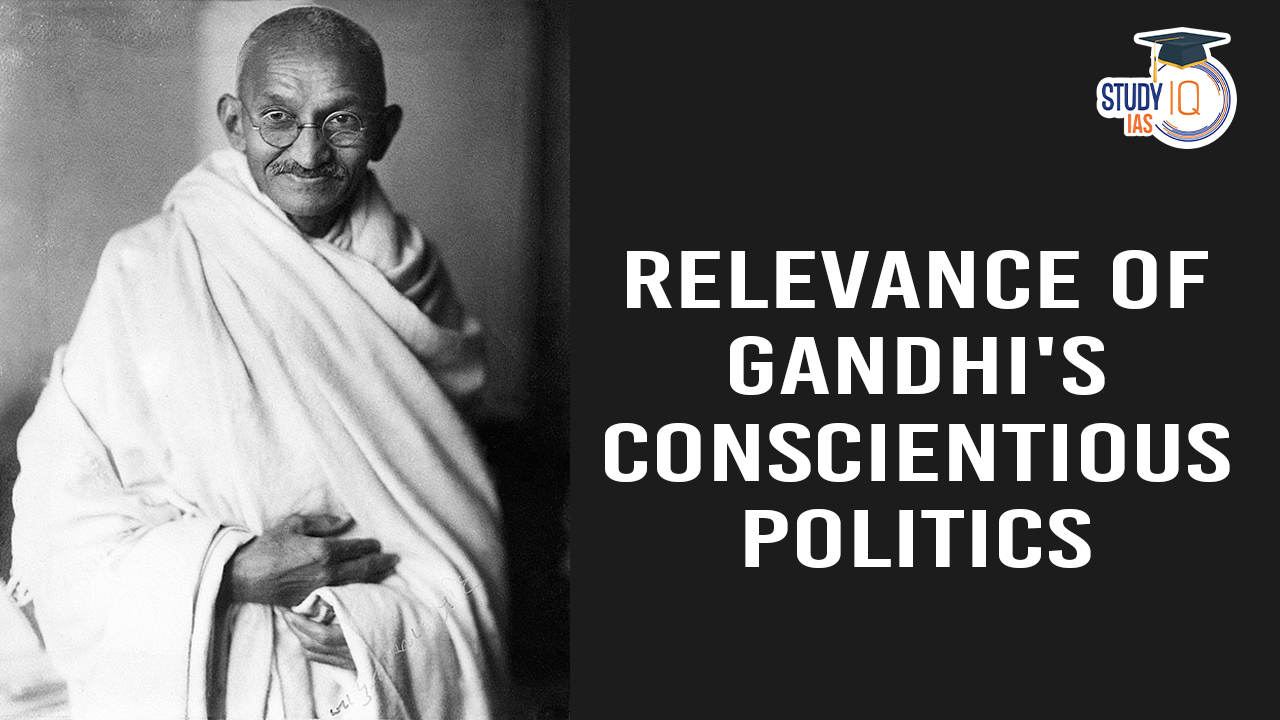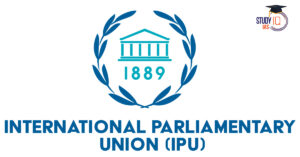October 2, 2024, marked the 155th anniversary of Mahatma Gandhi. Despite ongoing conflicts, human rights violations, and widespread violence, there is a pressing need to engage with Gandhi’s teachings on nonviolence, which offer a path toward peace and moral leadership.
Relevance of Gandhi’s Conscientious Politics
Nonviolence as a Moral Imperative
- Gandhi’s politics were rooted in the principle of nonviolence (Ahimsa), emphasising that peaceful resistance to injustice is not only a strategic choice but a moral necessity.
- In a world marked by wars, terrorism, and civil unrest, Gandhi’s teachings on nonviolence offer a framework for peaceful resistance.
Promoting Social Justice
- Empowerment of the Marginalised: Gandhi’s philosophy emphasises the empowerment of the powerless and the importance of educating individuals about their capacity to resist authority when it is abused.
- This aligns with modern movements advocating for human rights and social equity.
- Swaraj (Self-rule): His idea of politics encourages people to take responsibility for their own governance rather than authoritarian control.
- This principle encourages active participation in democracy and civic life.
Fostering Dialogue and Understanding
- Pedagogy of Dialogue: Gandhi’s approach promotes a “pedagogy of dialogue,” where nonviolent struggle fosters understanding and opens pathways for new perspectives.
- This is essential in today’s polarised societies, where constructive dialogue can resolve conflicts.
- Living Together: The challenge of coexisting peacefully while respecting individual identities is central to Gandhi’s vision.
- His emphasis on empathetic plurality encourages societies to embrace diversity while working towards common goals.
| Related Articles | |
| Mahatma Gandhi Biography |
Gandhi Jayanti 2024 |
| Champaran Satyagraha | Kheda Satyagraha |
| Individual Satyagraha | Bardoli Satyagraha |


 SAMARTH Udyog Bharat 4.0: Transforming I...
SAMARTH Udyog Bharat 4.0: Transforming I...
 BHIM 3.0 Launched by NPCI: Key Features,...
BHIM 3.0 Launched by NPCI: Key Features,...
 150th Summit of Inter-Parliamentary Unio...
150th Summit of Inter-Parliamentary Unio...





















